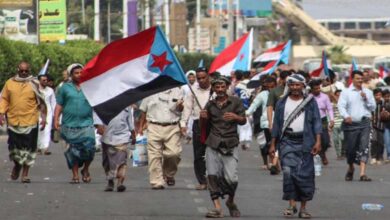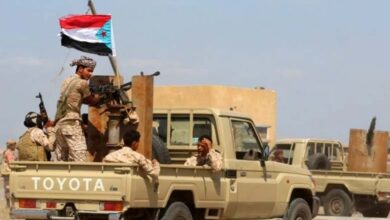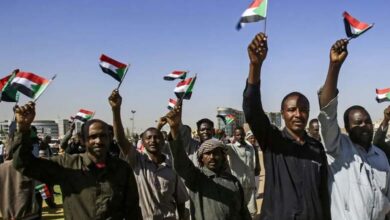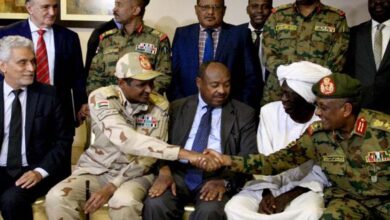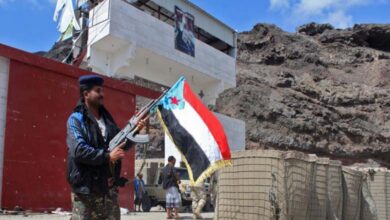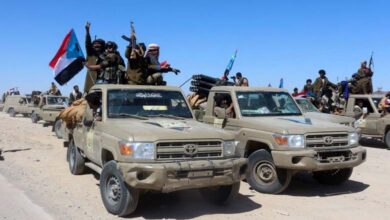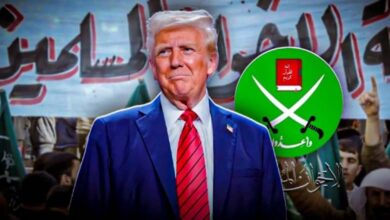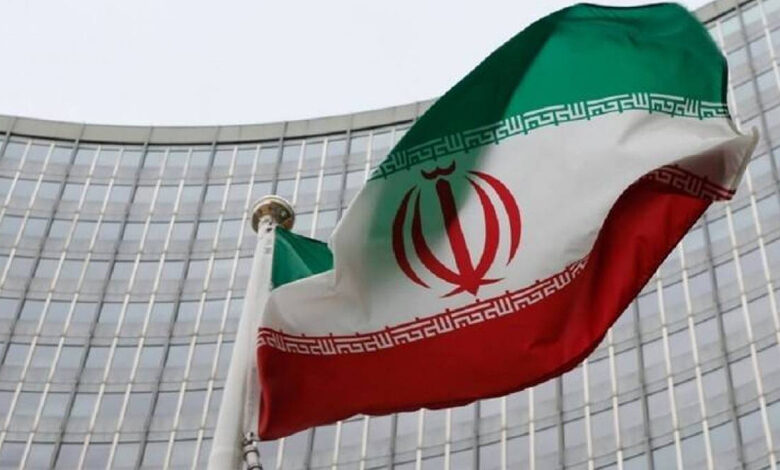
Iran’s economy is facing harsh times because of Covid-19 and the enduring U.S: economic sanctions. As Iran’s numbers of Covid-19 are not dropping, dead tolls of more than 17.000 people, and continuing new infections many sectors of the national economics are extremely affected. The loss of jobs in several sectors and increasing prices of food and essentials, as well as inflation, push a vast majority of people into poverty. Furthermore, oil exports remained severely depressed not only because of U.S. Sanctions but also because of the current low demand of the Chinese side.
As everywhere also in Iran only a few businesses have financially benefited from Covid-19 mainly companies involved in the import, manufacturing, and distribution of medicine and medical equipment, many others – such as general commerce or tourism – on the other hand, have incurred tremendous losses.
For years the resumption of global economic relations as well as economic liberalization and the associated economic upswing is prevented mainly by powerful interest groups, mostly religious or close to the Security Council. Due to Iran’s excessive dependence on the oil sector, sustainable economic growth is not possible in the short term and remains a long-term objective.
Before 1979, Iran’s economy was one of the most advanced in the Middle East. Continued mismanagement, corruption, and international sanctions were her doom. Iran has the second-largest natural gas reserves in the world and the fourth-largest oil reserves. With the 2015 nuclear agreement, Iran succeeded in increasing oil exports for a short time, attracting international investors, and strengthening the economy accordingly. With the reintroduction of US sanctions following Washington’s withdrawal from the agreement in May 2018, Iran’s oil exports fell again and led the country into a deepening recession. The strong economic impact of Covid-19 is now a new economic blow.
But while the Iranian people are suffering from a deteriorating economic situation and are sometimes even unable to provide for themselves, new information about the Revolutionary Guards is revealed during a series of demonstrations in the country. Accordingly, the regime’s loyal militias abroad, especially Hezbollah in Lebanon, are said to have benefited from larger sums of money in the millions. The future does not look bright for Iran, the pandemic could mean the final stop for many private companies. Nevertheless, the private sector could recover should it receive state aid, either of a financial matter or through easing bureaucracy steps including the unnecessary
involvement of numerous parallel regulatory bodies belonging to the Justice Ministry, Intelligence Ministry, and the Culture and Islamic Guidance.
With the Iran government facing difficulties in purchasing economic reforms it seems not likely that that is going to happen. Instead, according to the “New York times” the Iranian government is interested in getting involved economic and security-wise with China. Silently, China’s leader Xi Jinping and President Hassan Rouhani and his cabinet approved a possible partnership that would allow Chinese investments in energy and other sectors by billions of dollars. The deal would furthermore be a strike to the U.S.’ try to isolate Iran internationally. President Rouhani probably sees a quick way out of the financial crisis; many opportunities are currently not open to him and his government internationally. In this desperation, only China seems to be a willing partner, with a possible need for large oil amounts and strategic interests longing to secure its position in the middle east. China’s desire to expand seems not to be by accident shown during crises: With America’s current international and national weakness the Chinese government scent new opportunities to strengthen its position internationally and is therefore looking for more alliances. With that said China seems to feel it is strong enough to withstand American penalties and sanctions such as the current ongoing trade war between the two super nations.
Nevertheless, critical voices such as former president Mahmoud Ahmadinejad said that the people of Iran are likely to not agree to a suspicious secret deal. Others are afraid that the government is just selling the country off at a moment of crisis and international isolation and will not profit as much as China.
Wrote for I’m Arabic website Anna Gölz


